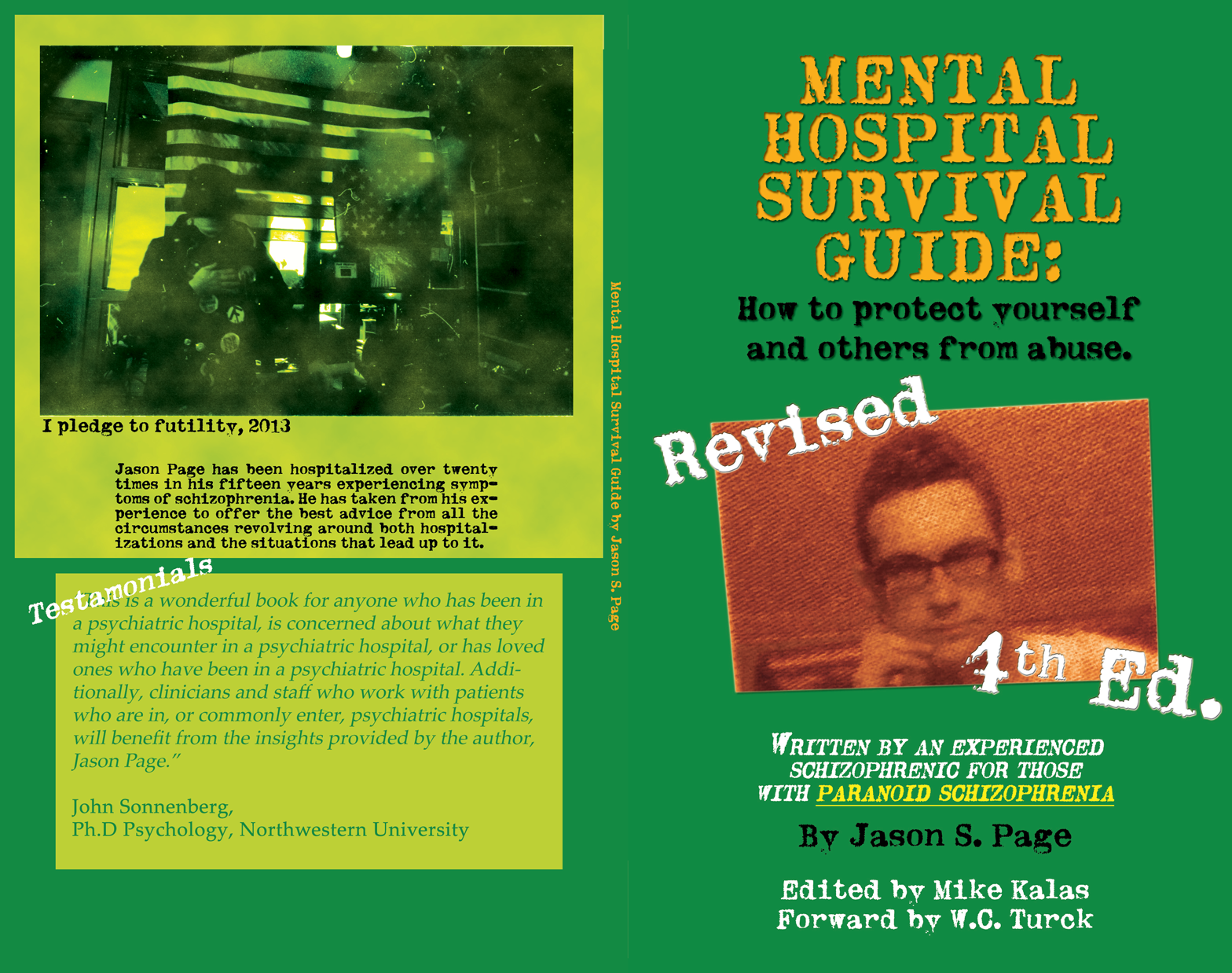Selective Serotonin Reuptake Inhibitors (SSRIs) are commonly prescribed for depression, anxiety, and sometimes for bipolar disorder, but their use is not without controversy or potential adverse effects. This article explores some of the negative health impacts associated with SSRIs, focusing on risks related to violence, suicide, and other health concerns.
General Health Risks
Side Effects:
Sexual Dysfunction: SSRIs can lead to a variety of sexual side effects like reduced libido, erectile dysfunction, and anorgasmia (inability to orgasm).
Gastrointestinal Issues: Nausea, diarrhea, and changes in appetite are common complaints.
Sleep Disturbances: Insomnia or excessive sleepiness might occur.
Weight Changes: Both weight gain and loss have been reported (Mayo Clinic, 2024).
Serotonin Syndrome:
An excess of serotonin can result in serotonin syndrome, a potentially life-threatening condition characterized by symptoms like agitation, hallucinations, increased heart rate, fluctuating blood pressure, increased body temperature, overactive reflexes, nausea, vomiting, and diarrhea (NHS, 2021).
Risk of Suicidality and Violence
Increased Suicidal Ideation:
There’s considerable debate over SSRIs and their link to increased suicidal thoughts or behavior, particularly in younger populations. The FDA has issued black box warnings for all antidepressants, highlighting the risk of increased suicidality in children, adolescents, and young adults under 25 (FDA, 2007; Coupland et al., 2015). A meta-analysis by Stone et al. (2009) showed that SSRIs might reduce the risk of suicidality compared to placebo in some groups, but the initial risk increase is a serious concern.
Violence and Aggressive Behavior:
Anecdotal evidence and some studies suggest a correlation between SSRIs and violent behavior, including homicide and mass shootings.
A study by Lagerberg et al. (2020) found that individuals on SSRIs had a 26% higher likelihood of committing violent crimes, with the risk being particularly pronounced in younger age groups (15-34).
Another study in Sweden showed an association between SSRIs and violent crime convictions, particularly among those under 25 (Molero et al., 2015).
Posts on X have also highlighted connections, though these are not peer-reviewed sources and should be treated with caution for factual accuracy.
Mechanisms of Action:
The exact mechanisms linking SSRIs to violence or suicidality are not fully understood. One theory involves akathisia, a condition where patients experience intense restlessness, which can lead to impulsive and sometimes violent actions.
Another potential mechanism is the paradoxical effect where SSRIs might increase energy before mood improvement, possibly leading to more acted-upon suicidal ideation (Healy & Whitaker, 2003).
Studies on Mechanism and Correlation
Neurobiological Changes: Research has pointed towards changes in brain function, particularly in serotonin pathways. Studies examining these effects are limited, but those available suggest that SSRIs might alter the balance of neurotransmitters in ways that could precipitate aggressive or suicidal behavior in vulnerable individuals (Breggin, 2003).
Animal Studies: Some animal studies have observed aggressive behavior in rodents treated with SSRIs, suggesting a possible direct pharmacological effect (Masand et al., 1991).
The Need for Further Research
Despite numerous studies on SSRIs, the exact mechanisms by which they might increase the risk of violence or suicide are not conclusively established. Here are reasons why further research is imperative:
Mechanism Understanding: More studies are needed to understand how SSRIs affect brain chemistry in a way that might lead to violence or suicide, particularly in those with underlying predispositions like bipolar disorder or a history of aggressive behavior.
Passivity and Revenge: There’s a gap in research concerning how these medications impact conflict resolution strategies. SSRIs could potentially alter perceived options in conflict scenarios, leaning towards passivity or, conversely, escalating to revenge in situations where communication fails.
Longitudinal Studies: We need long-term studies to assess how these risks play out over extended periods, especially in different demographic groups.
Conclusion
While SSRIs are beneficial for many, their potential to induce negative side effects, including severe ones like violence or suicidal tendencies, cannot be overlooked. The complex interplay between pharmacology and human behavior necessitates rigorous, ongoing research to safeguard patient health while treating their psychiatric conditions effectively.
References:
Breggin, P. R. (2003). Suicidality, violence and mania caused by selective serotonin reuptake inhibitors (SSRIs): A review and analysis. International Journal of Risk & Safety in Medicine, 16(1), 31-49.
Coupland, C., et al. (2015). Antidepressant use and risk of suicide and attempted suicide or self harm in people aged 20 to 64: cohort study using a primary care database. BMJ, 350, h2517.
FDA. (2007). Antidepressant Use in Children, Adolescents, and Adults. U.S. Food and Drug Administration.
Healy, D., & Whitaker, C. (2003). Antidepressants and suicide: risk-benefit conundrums. Journal of Psychiatry & Neuroscience, 28(5), 331-337.
Lagerberg, T., et al. (2020). Associations between selective serotonin reuptake inhibitors and violent crime in adolescents, young, and older adults–a Swedish register-based study. European Neuropsychopharmacology, 36, 1-9.
Masand, P. S., et al. (1991). Fluoxetine-induced psychosis. Journal of Clinical Psychiatry, 52(11), 479-480.
Mayo Clinic. (2024). Antidepressants: Side effects. Retrieved from www.mayoclinic.org.
Molero, Y., et al. (2015). Selective serotonin reuptake inhibitors and violent crime: a cohort study. PLoS Medicine, 12(9), e1001875.
NHS. (2021). Side effects of antidepressants. Retrieved from www.nhs.uk.
Stone, M., et al. (2009). Risk of suicidality in clinical trials of antidepressants in adults: analysis of proprietary data submitted to US Food and Drug Administration. BMJ, 339, b2880.
![]()





